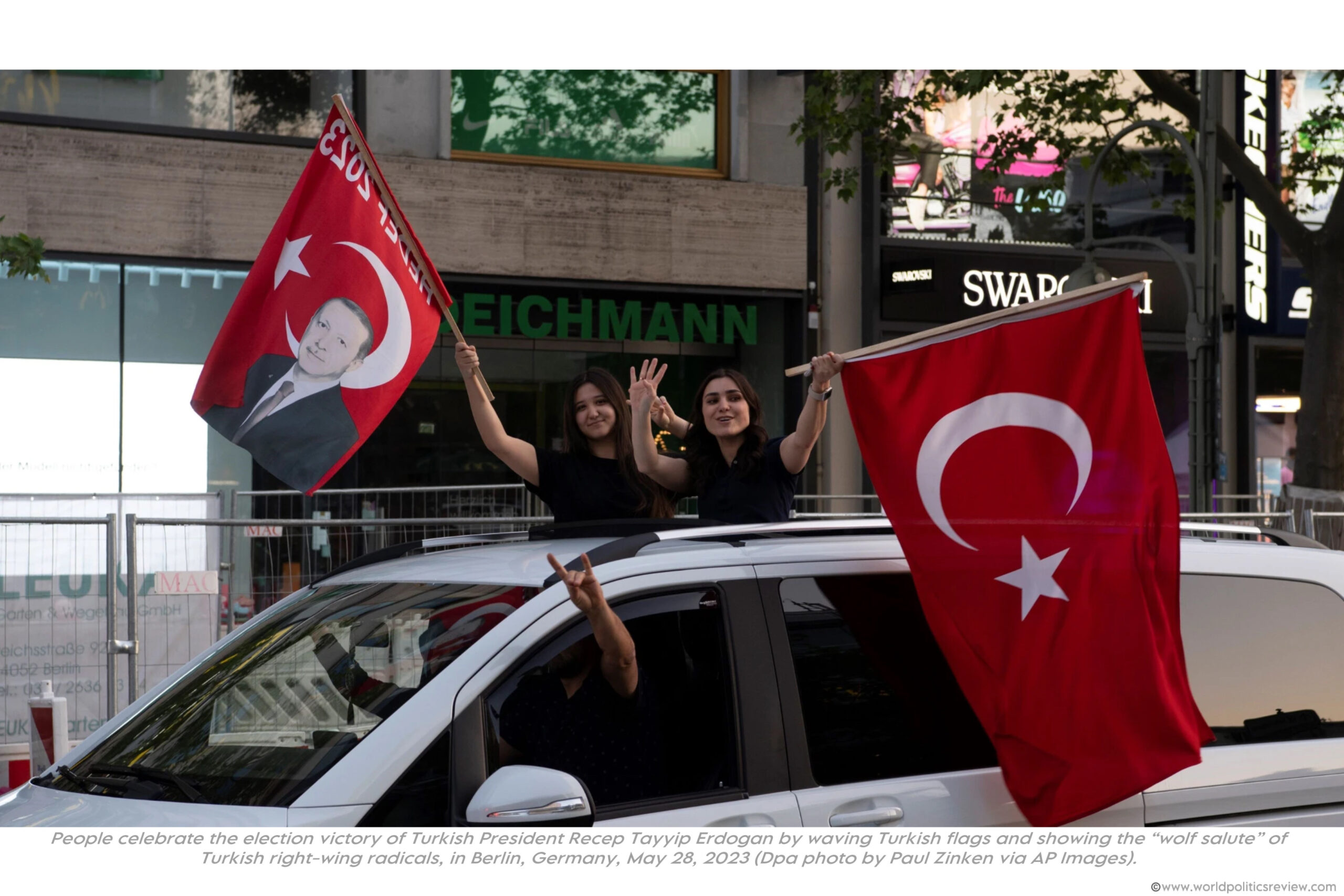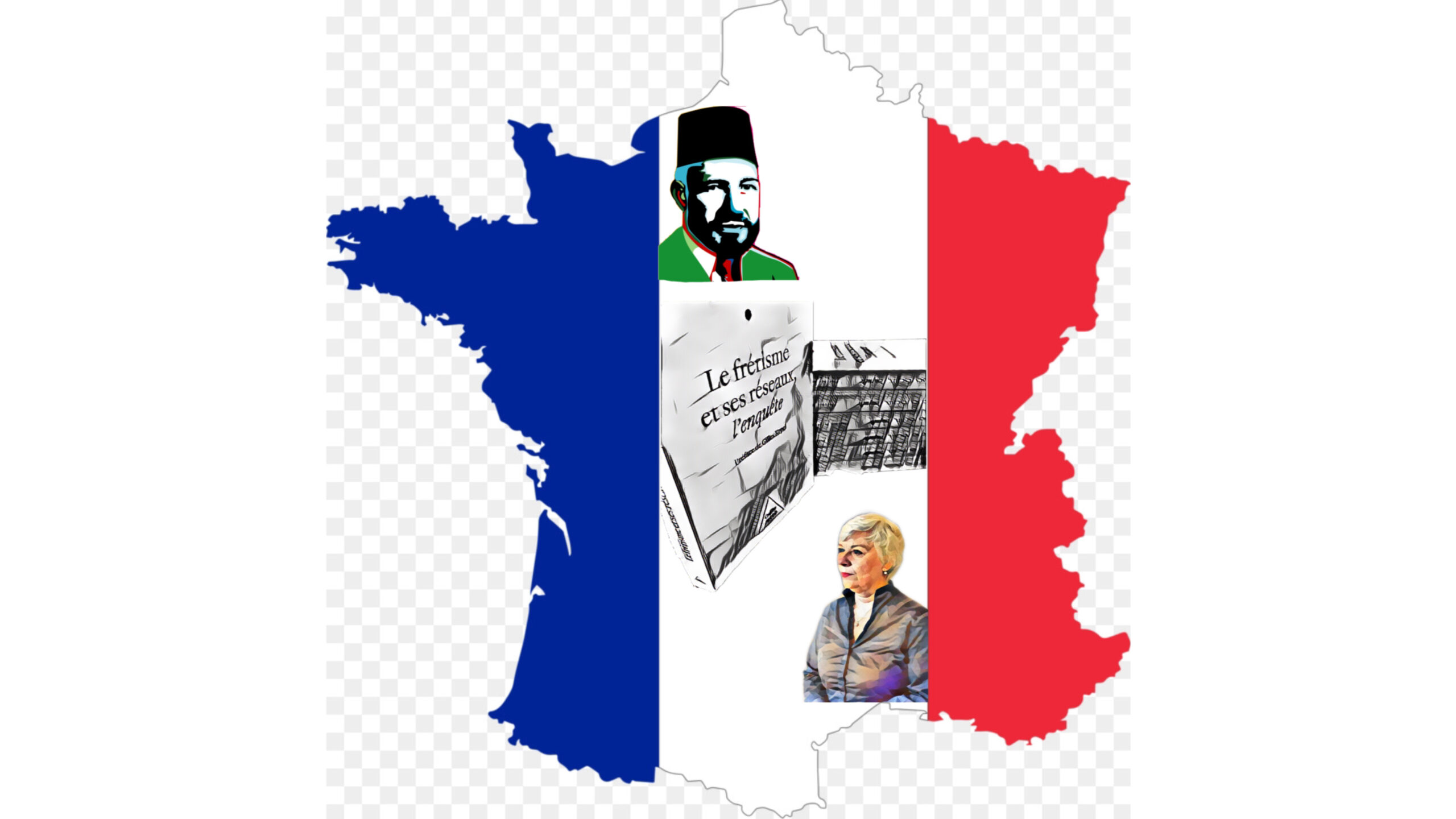European countries that have offered to help the Obama administration close the detention center at Guantánamo Bay, Cuba by resettling 60 o the 241 detainees in Europe detainees have begun raising questions about the security risks and requirements if they accept any of the prisoners.
The concerns, and a deep suspicion of whether the American intelligence community will share full information on the prisoners, are likely to complicate the resettlement effort, which is critical to President Barack Obama’s fulfilling his pledge to close Guantánamo within a year.
The offers, from Spain, Portugal, Italy, France, Belgium, Switzerland and other countries, have been widely seen as efforts to win favor with the new administration by helping to close the camp in Cuba, which was a contentious issue during the Bush years.
Still, with a first round of talks on the Guantánamo issues scheduled for Monday in Washington between Obama administration officials and a high-level delegation from the European Union, several European leaders have recently emphasized that they can make no firm commitments until they are given complete details on the prisoners.
Jacques Barrot, a European Union vice president who is to lead the European delegation, said there was an opportunity “to turn together a dark page” in the history of the fight against terrorism. But officials said the delegation was arriving with far more questions than answers.
It is not clear exactly what conditions the Obama administration may wish to impose, what their immigration status would be or whether any detainees released to Europe would be eligible for complete freedom. Whether the former prisoners would need to be monitored, whether they would have full travel rights in Europe and whether detainees might entangle their countries’ courts in years of legal battles by suing former American officials for their imprisonment and treatment are additional key concerns that have yet to be addressed.






